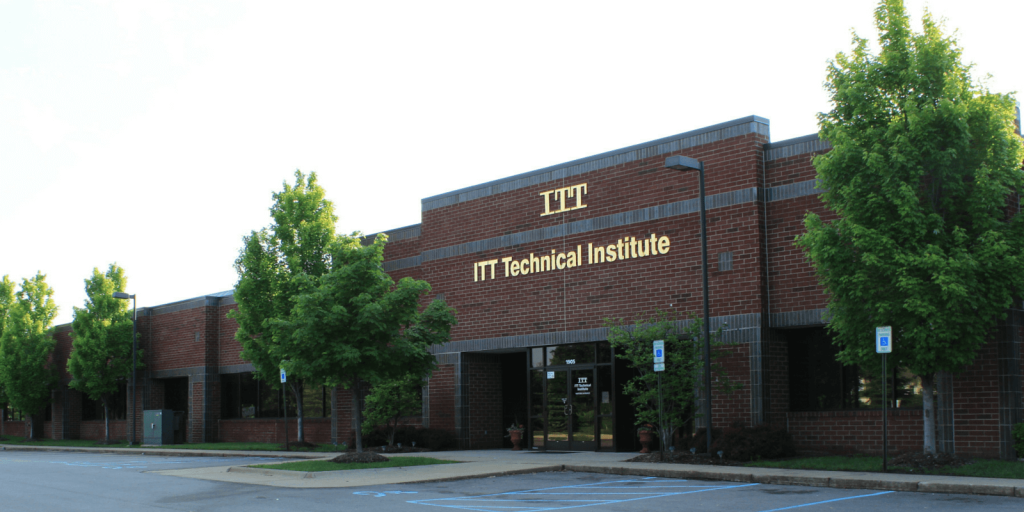On May 12, 2015 the US Securities and Exchange Commission announced that it had filed fraud charges against ITT Educational Services Inc., its chief executive officer Kevin Modany, and its chief financial officer Daniel Fitzpatrick.
According to the SEC, the national operator of for-profit colleges and the two executives fraudulently concealed from investors the poor performance and looming financial impact of two student loan programs that ITT financially guaranteed. ITT formed both of these student loan programs, known as the “PEAKS” and “CUSO” programs, to provide off-balance sheet loans for ITT’s students following the collapse of the private student loan market. To induce others to finance these risky loans, ITT provided a guarantee that limited any risk of loss from the student loan pools.
According to the SEC, the loans were performing so poorly that ITT failed to disclose the fact that it expected to be on the hook for hundreds of millions of dollars on its guarantees. ITT and its management allegedly attempted to create the appearance that the company’s exposure to these programs was much more limited.
“Our complaint alleges that ITT’s senior-most executives made numerous material misstatements and omissions in its disclosures to cover up the subpar performance of student loans programs that ITT created and guaranteed,” said Andrew J. Ceresney, Director of the SEC’s Division of Enforcement. “Modany and Fitzpatrick should have been responsible stewards for investors but instead, according to our complaint, they engineered a campaign of deception and half-truths that left ITT’s auditors and investors in the dark concerning the company’s mushrooming obligations.”
According to the press release issued by the SEC:
The SEC’s complaint alleges that ITT, Modany, and Fitzpatrick engaged in a fraudulent scheme and made a number of false and misleading statements to hide the magnitude of ITT’s guarantee obligations for the PEAKS and CUSO programs. For example, ITT regularly made payments on delinquent student borrower accounts to temporarily keep PEAKS loans from defaulting and triggering tens of millions of dollars of guarantee payments, without disclosing this practice. ITT also netted its anticipated guarantee payments against recoveries it projected for many years later, without disclosing this approach or its near-term cash impact. ITT further failed to consolidate the PEAKS program in ITT’s financial statements despite ITT’s control over the economic performance of the program. ITT and the executives also misled and withheld significant information from ITT’s auditor.
This isn’t the first time the for-profit education company has run afoul of the federal government. In 2014 the Consumer Financial Protection Bureau filed suit alleging that ITT pushed students into high-cost private student loans knowing they would likely end in default.
